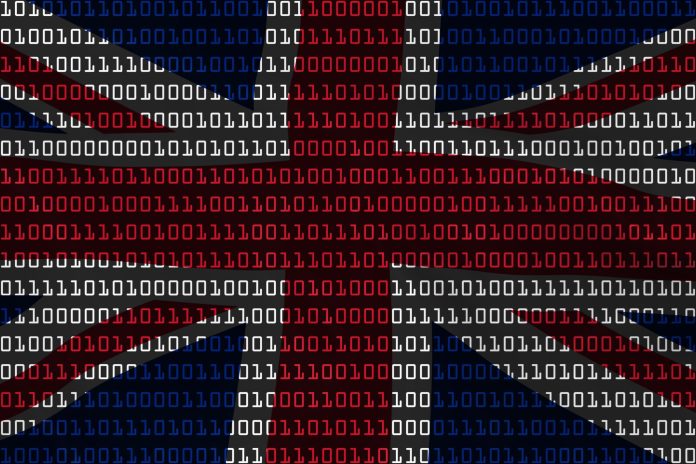Vodafone and Three should establish a national security committee within the joint entity under the terms approved by the government
The U.K. Secretary of State has approved the proposed merger between local carriers Vodafone and Three UK, subject to certain conditions, the U.K. government said in a release.
The conditions set by the government stipulate that the carriers should establish a national security committee within the joint entity to oversee any sensitive work and monitor “topics relating to cyber, physical and personnel security”. This committee will be required to provide regular updates and information to the authorities.
Last year, Vodafone UK, which is owned by Vodafone Group and Three UK, owned by CK Hutchison Holdings, had announced a new joint venture agreement which would bring their operations under a single network provider. Under the terms of the proposed merger, Vodafone will own 51% of the new entity while Hutchison Group will own 49%. If the transaction is approved, the new entity will reach 99% of the U.K. population with 5G Standalone (SA) networks.
The conditions also stipulate that the companies should ensure that the joint entity’s network migration planning is subject to review by an external, government-approved auditor.
The Secretary of State considered that these measures mitigate any risks to national security in relation to Vodafone’s role as a strategic supplier of services to many parts of the U.K. Government as well as the security of U.K. networks and data, including cyber, personnel and physical security, resulting from the process of merging two large, complex organizations and their respective staffing, policies, processes and networks.
The proposed merger still needs to be cleared by the Competition and Markets Authority (CMA).
The CMA launched the initial phase of an antitrust investigation in January after the entity was notified by the two carriers about the proposed merger. This initial review is designed to identify whether the deal may lead to a ‘substantial lessening of competition’ and therefore requires an in-depth, phase 2 investigation. Phase 2 investigations allow an independent panel of experts to probe in more depth initial concerns identified at phase 1, the CMA explained.
CMA has recently confirmed the launch of the Phase 2 investigation into the proposed merger. The regulator has given itself a deadline of September 18 to complete this in-depth probe
The competition regulator noted that this merger “may be expected to result in a substantial lessening of competition within a market or markets in the United Kingdom.”
The CMA recently highlighted that it has concerns that the deal could lead to mobile customers facing higher prices and reduced quality. It also raised concerns the merger may make it difficult for smaller MVNOs including Sky Mobile, Lebara and Lyca Mobile to negotiate good agreements for their own customers.
Vodafone and Three UK recently said that the recent decision by the CMA to carry out a new in-depth review of their proposed merger was in line with the expected timeframe for completion of the transaction.
Vodafone CEO Ahmed Essam had previously noted that Vodafone and Three could potentially reduce investments in the 5G field if local regulators block the proposed merger between the two telcos.
The other two operators in the country are EE, owned by BT, and Virgin Media O2.

